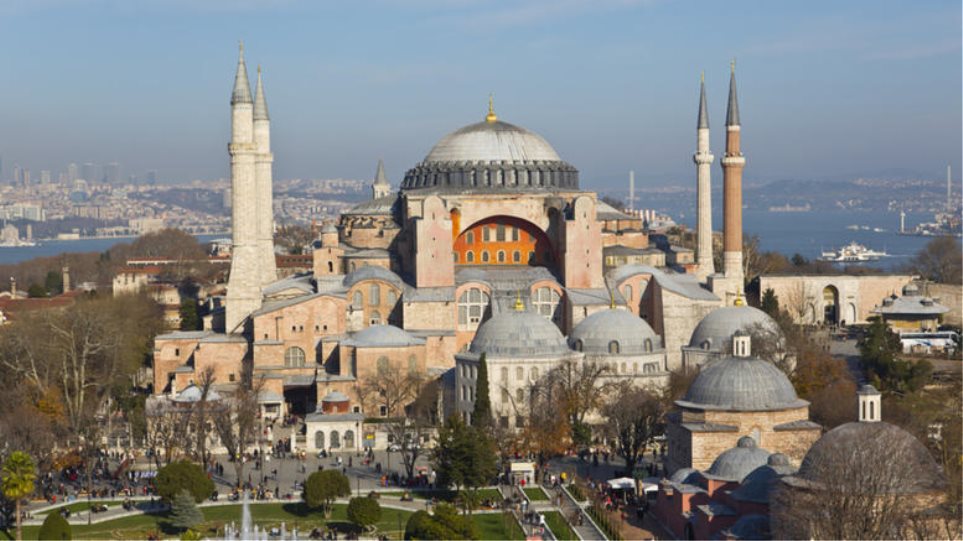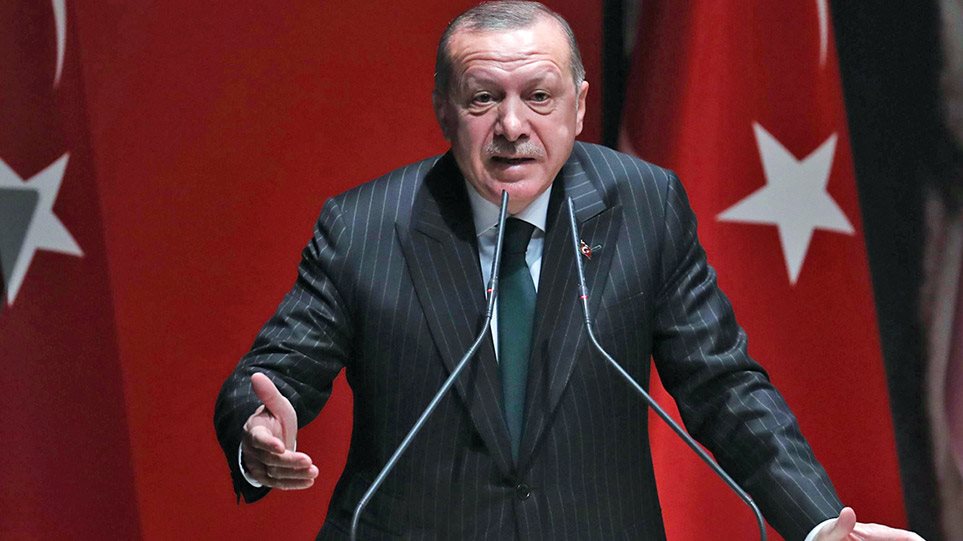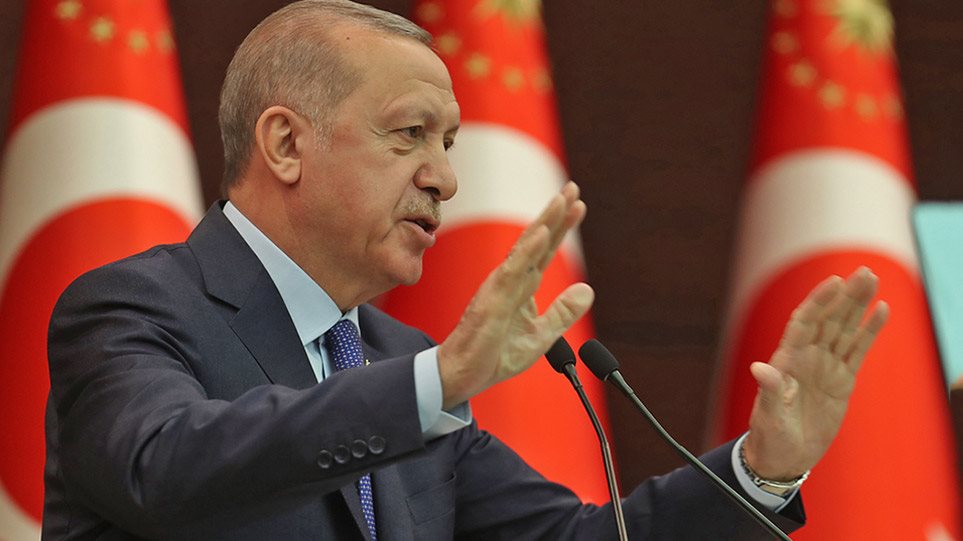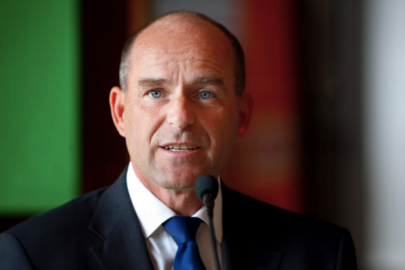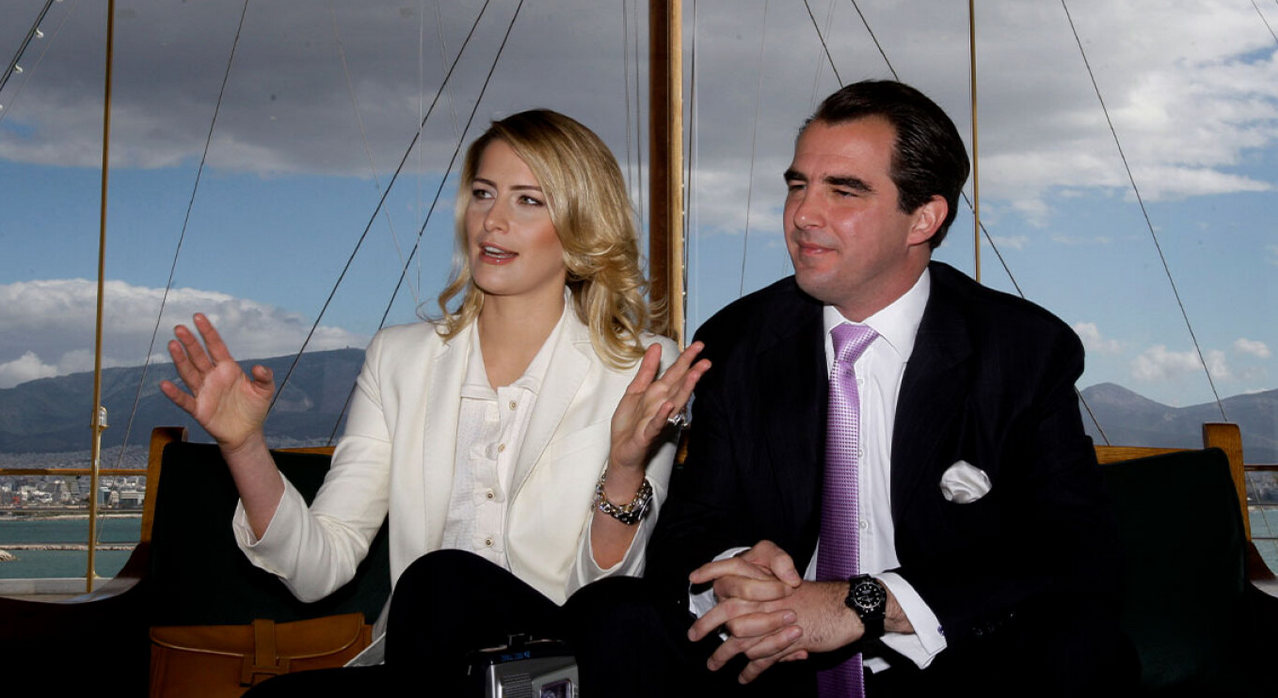Greek commercial TV stations decided to cut Turkish serials aired on their channels following Turkish President Erdogan’s provocations with Hagia Sophia and the constant threats in the Aegean Sea against Greece.
Since 2005 Greek commercial TV was flooded with sub-par Turkish soap productions with their ratings sometimes hitting or exceeding 50%.
Over the years, the Turkish subculture of fiction, largely of mediocre production value in content and story-line compare to the ones from the European and American markets, found a prominent spot on the private channel programs, as the kitsch series were an easy and above all cheap solution for TV programming executives to fill in holes .
ANT1 decided to can the daily Turkish TV series which was to be broadcast in the summer. The “Forbidden Apple”, whose rights the station had bought, was withdrawn by a unanimous decision of the executives, who ruled that in such a period of escalation of the neighbor’s provocation, Turkish production has no place on Greek television.
In 2012, the then Turkish Deputy Minister of Culture and Tourism, Abdurrahman Arici, had stated clearly the goal of his government: “With the Turkish series we can enter every house and spread Turkish culture”. The Turkish producers, in collaboration with the political leadership, had found ways to disseminate their propaganda: cheap costs, but only under the condition of not dubbing the Turkish language with the host country’s language.
In other words, the Turkish TV series would only be cheap if the Turkish language was heard on the screen. Greek TV executives were quick to snap up the bargain, either completely ignorant of how entertainment can be used as a tool of propaganda, or totally cynical and indifferent caring only about the bottom line. In a piece on Turkish news site hurriyetdailynews.com it was reported at the time that “despite the negative criticism of the serials, they are increasing the interest of the people in the Turkish language and culture.”
The Turkish series industry grew and the neighboring country’s series were sold in dozens of countries. In the first years these TV productions were aired abroad, tourists to Turkey increased, while many travelers were showing interest in visiting the sights shown in the TV series.
As far as the depiction of historical events in the TV series, the Turkish warlords were always presented as the absolute victors against their enemy, while a sense of strict law and adherence to the Islamic norms and customs were always prevalent.


